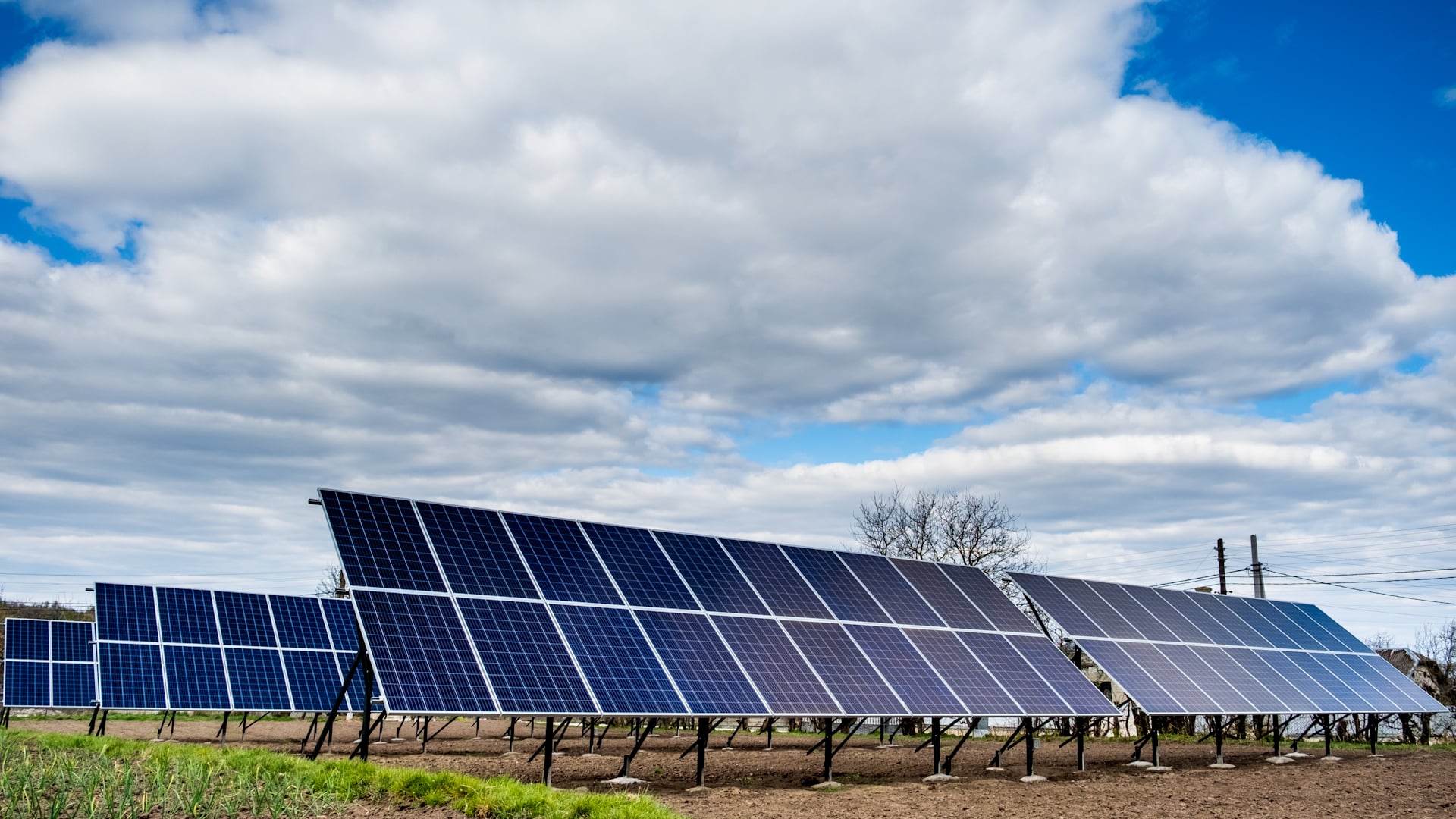
Cloudy with a Chance of Solar Power
Does Solar Power Still Work on Cloudy or Rainy Days?
Solar energy has revolutionized the way we power our homes and businesses, offering a clean and sustainable alternative to traditional fossil fuels. However, a common misconception that still troubles would-be solar owners is that their panels are only effective under clear skies and bright sunshine. In reality, solar panels are remarkably versatile and can harness energy even on cloudy or rainy days. In this blog, we’ll explore how solar panels perform during less-than-ideal weather conditions, how rain can contribute to their efficiency, the advantages of net metering policies, and the role of batteries in ensuring uninterrupted solar power availability.
Producing Electricity on Cloudy Days
While it’s true that solar panels thrive in direct sunlight, they can still generate electricity when the sky is overcast. Solar panels work by converting sunlight into electricity using photovoltaic cells, which absorb photons from the sunlight and release electrons to generate an electric current. Even on cloudy days, photons can penetrate through the clouds, albeit at a reduced intensity. Modern solar panel technology is designed to capture a wide spectrum of light, meaning they can still produce electricity even when the sunlight is diffused by cloud cover.
What About Rain?
Contrary to popular belief, rain can actually be beneficial for solar panels. Rainfall helps to wash away dirt, dust, pollen, and other debris that can accumulate on the surface of solar panels over time. A layer of grime can reduce the panel’s efficiency by blocking sunlight from reaching the photovoltaic cells. Rainwater acts as a natural cleanser, ensuring that your panels remain free from obstructions and continue to operate at peak performance. Thus, regular rain showers can help maintain optimal energy output by keeping your solar panels clean and efficient. We are currently praying for rain in central Texas;)
Harnessing Net Metering Policies
Net metering is a policy that allows solar panel owners to feed excess electricity generated by their panels back into the grid. During periods of high sunlight and when your panels are producing more energy than your home consumes, the surplus energy is sent to the grid, effectively “spinning” your meter backward. On cloudy or rainy days when your panels may not produce as much electricity, you can draw power from the grid using the credits you’ve accumulated. This means you’re effectively utilizing the grid as a virtual battery, storing your excess energy for later use. Net metering empowers solar owners to offset their energy costs and make the most of their investment, even when the sun isn’t shining as brightly.
Battery Storage: Ensuring Uninterrupted Power
While net metering provides a cost-effective way to manage energy fluctuations, battery storage takes solar resilience to the next level. Solar batteries allow you to store excess energy generated by your panels for use during cloudy days, nighttime, or peak demand periods. When your panels produce more electricity than your home requires, the surplus energy is stored in the battery for later use. This stored energy can then be tapped into when your panels aren’t generating enough power due to inclement weather.
Solar batteries provide homeowners with a reliable source of backup power, reducing dependence on the grid and enhancing energy security. With a well-designed solar and battery system, you can ensure that your home continues to run smoothly, even during extended periods of cloudy or rainy weather. This setup not only maximizes your energy savings but also contributes to a more resilient energy future.
Thinking About Going Solar?
Investing in solar panels offers a myriad of benefits, including reduced energy bills, a smaller carbon footprint, and increased energy independence. While it’s natural to have concerns about how solar panels perform on cloudy or rainy days, rest assured that they continue to generate electricity and contribute to your energy savings. Rain helps maintain their efficiency, net metering policies enable you to tap into the grid’s resources, and battery storage ensures uninterrupted power availability. By understanding how solar panels function under various weather conditions and leveraging these innovative solutions, you can make the most of your solar investment and pave the way for a cleaner, more sustainable future.
Take Action with NATiVE Solar
To take the first step of your solar journey, contact NATiVE Solar today. Our solar experts are specialized in all aspects of going solar, from feasibility studies, design, financing, taking advantage of every rebate, credit, and grant available, procurement, installation, and service. With over 15 years of experience installing solar across Central Texas, we are confident that you will be satisfied after going solar with us.







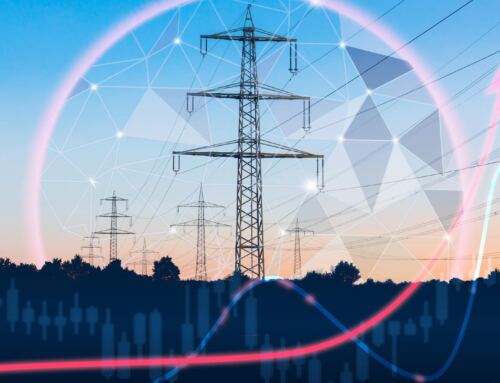


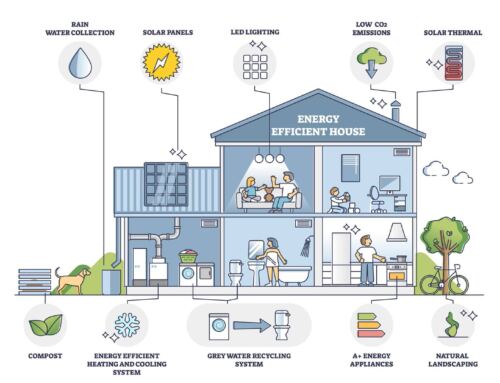
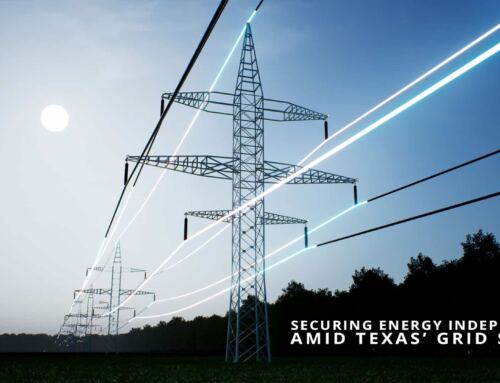
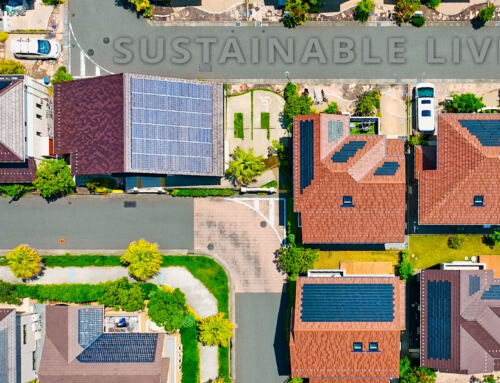




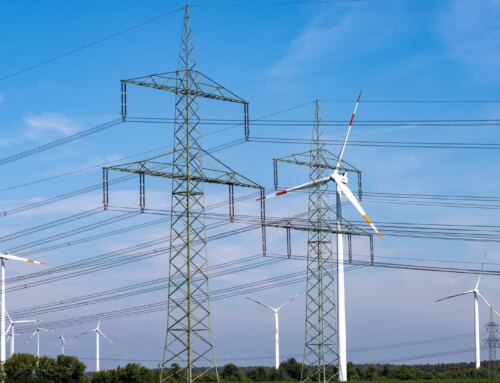

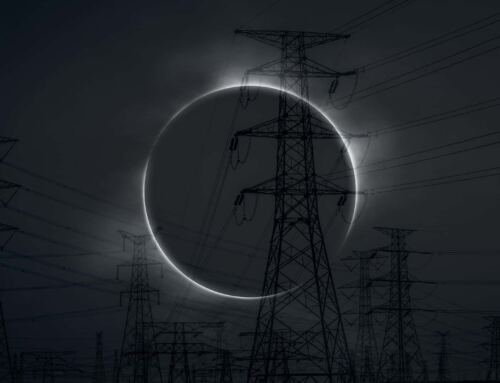

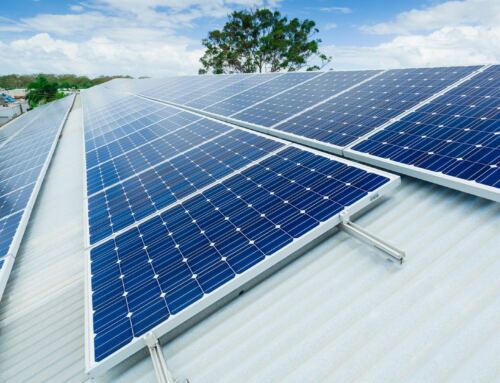


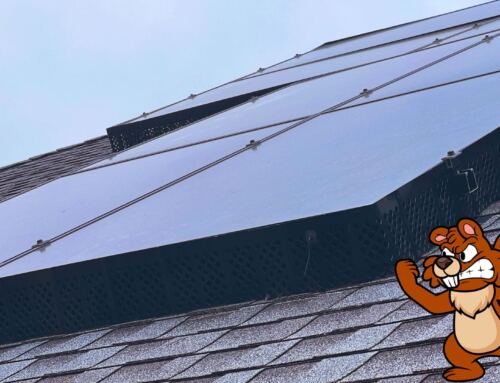


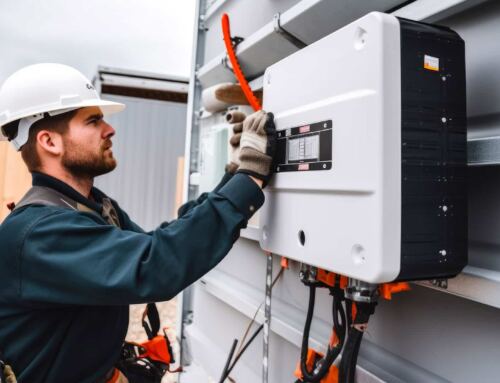
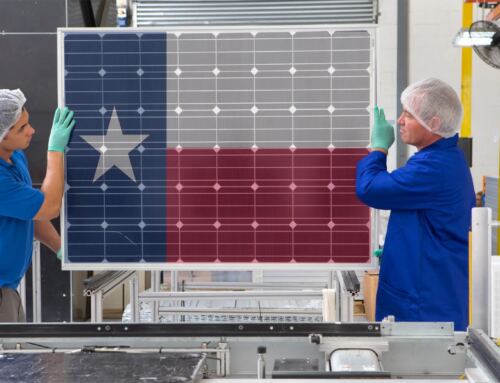
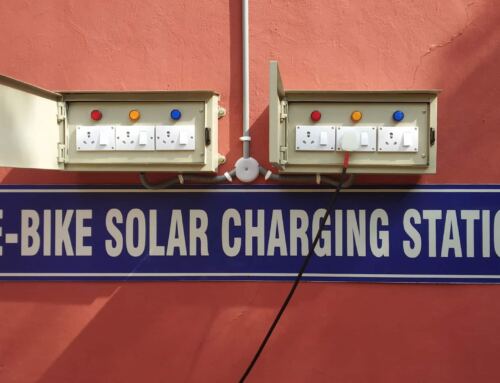

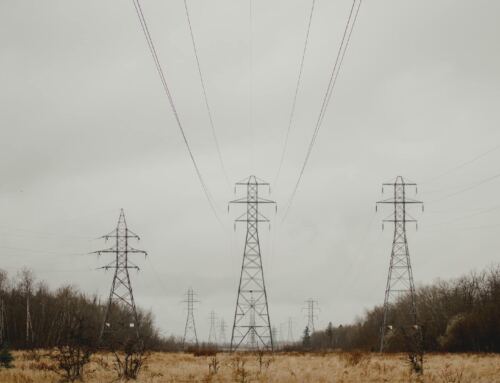
Leave A Comment